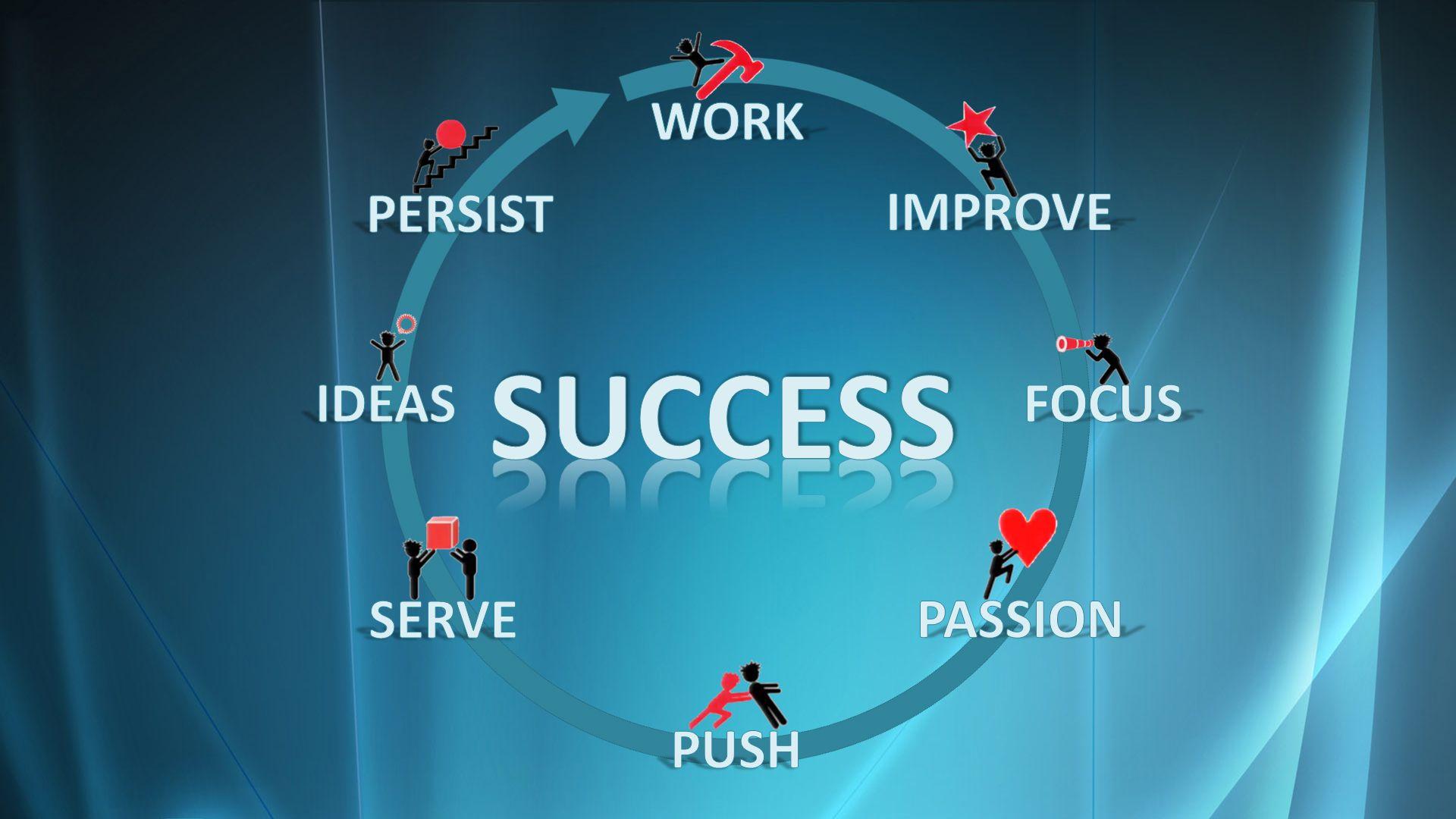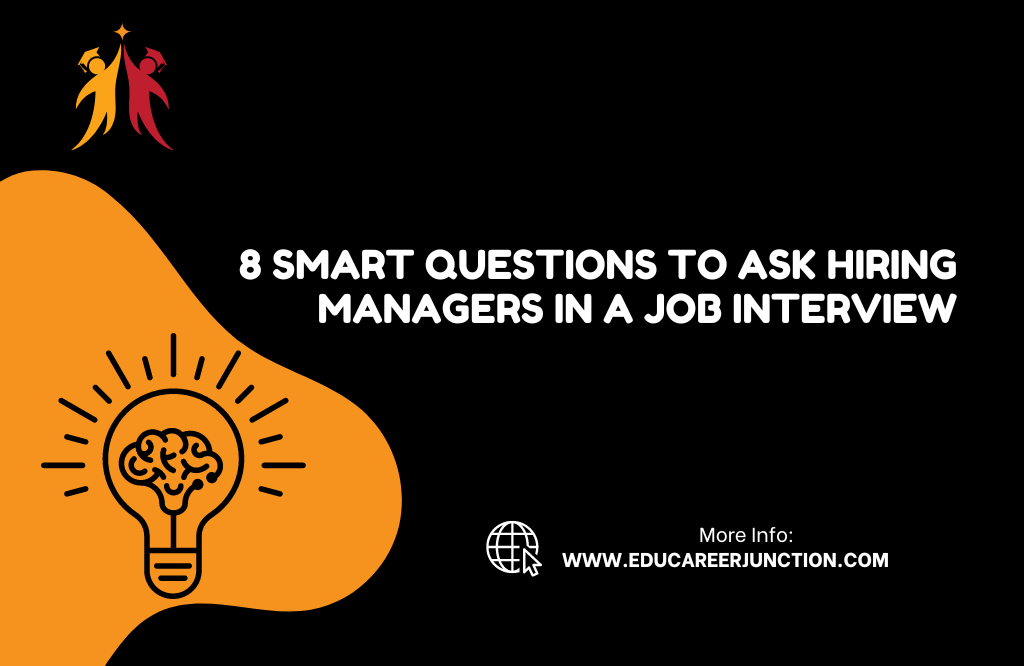Outline Generation
1. Introduction
1.1 Importance of Asking Smart Questions in a Job Interview
1.2 Purpose of the Article
1.3 Overview of the Eight Smart Questions
1. Introduction
1.1 Importance of Asking Smart Questions in a Job Interview
Asking smart questions during a job interview is crucial for several reasons. It shows the interviewer that you are genuinely interested in the role and the company. It also helps you gather essential information that can aid in your decision-making process, ensuring that the job is the right fit for you. Moreover, it reflects your preparedness and professionalism, traits that are highly valued by employers.
1.2 Purpose of the Article
This article aims to provide you with 8 smart questions to ask hiring managers in a job interview. These questions are designed to help you gain a deeper understanding of the role, the company culture, and the opportunities for growth and development within the organization. By the end of this article, you will be equipped with the knowledge and confidence to make a strong impression during your interview.
1.3 Overview of the Eight Smart Questions
The eight smart questions covered in this article include:
- What are the key responsibilities of this role?
- How do you measure success in this position?
- Can you describe the team I will be working with?
- What are the opportunities for professional development?
- How does the company support work-life balance?
- Can you tell me about the company’s culture and values?
- What are the biggest challenges facing the team right now?
- What are the next steps in the hiring process?
These questions are designed to provide a comprehensive understanding of the role and the organization, helping you make an informed decision about your potential future with the company.
Question 1: What Are the Key Responsibilities of This Role?
Understanding Job Expectations
One of the most important aspects of any job interview is understanding what will be expected of you in the role. Asking about the key responsibilities helps you gain clarity on your daily tasks and long-term objectives. This question allows you to assess whether the job aligns with your skills and career goals.
Aligning Responsibilities with Skills
When you understand the key responsibilities, you can better align them with your skills and experiences. This alignment is crucial for your success and job satisfaction. By asking this question, you demonstrate to the hiring manager that you are proactive and focused on how you can contribute to the company.
Assessing the Role’s Fit
Not every job is suitable for every candidate. By inquiring about the key responsibilities, you can evaluate if the role fits your career aspirations and personal strengths. This assessment helps you avoid potential mismatches and ensures that you pursue opportunities that genuinely interest you.

Question 2: How Do You Measure Success in This Position?
Defining Success Metrics
Understanding how success is measured in a role is essential for setting your performance goals. Different companies and roles have varied metrics for success, which can include qualitative and quantitative measures. By asking this question, you gain insight into what the company values and expects from its employees.
Importance of Performance Indicators
Performance indicators are crucial for tracking progress and ensuring that you are meeting the company’s expectations. Knowing these indicators helps you prioritize your tasks and focus on areas that will make the most significant impact. It also provides a clear framework for self-assessment and continuous improvement.
Examples of Success Measurements

Success measurements can vary widely depending on the industry and the specific role. Examples include meeting sales targets, achieving customer satisfaction scores, completing projects on time, or contributing to team goals. By understanding these examples, you can better prepare for the role and align your efforts with the company’s objectives.
Question 3: Can You Describe the Team I Will Be Working With?
Team Structure and Dynamics
The team you work with can significantly influence your job satisfaction and performance. Asking about the team structure and dynamics helps you understand how the team operates and collaborates. This information is crucial for determining if you will be able to work effectively within the team.
Importance of Team Compatibility
Team compatibility is essential for a harmonious work environment. By learning about the team members and their working styles, you can assess if you will fit well within the group. This question also shows the hiring manager that you value teamwork and are interested in building strong professional relationships.
Understanding Team Culture
Team culture plays a significant role in how comfortable and productive you will be in your new role. Understanding the team’s culture, including communication styles, conflict resolution methods, and overall work ethic, helps you gauge whether you will thrive in that environment.
Question 4: What Are the Opportunities for Professional Development?
Training and Education Programs
Professional development is a key factor in career growth. Asking about training and education programs shows that you are committed to learning and improving your skills. Companies that invest in their employees’ development are often more attractive to candidates looking for long-term career opportunities.
Career Growth Opportunities
Understanding the potential for career growth within the company is crucial for your long-term career planning. This question helps you identify whether the company offers clear pathways for advancement and whether it supports its employees in reaching their career goals.
Mentorship and Support Systems
Mentorship and support systems can greatly enhance your professional development. By asking about these opportunities, you demonstrate that you value guidance and are eager to learn from experienced colleagues. It also indicates that you are looking for a supportive work environment that fosters growth.
Question 5: How Does the Company Support Work-Life Balance?
Company Policies on Work-Life Balance
Work-life balance is increasingly important for employees’ overall well-being and productivity. Inquiring about the company’s policies on work-life balance helps you understand how the company values its employees’ time and health. This question also indicates that you are looking for a sustainable work environment. To dive deeper check out our article on Jobs with Good Work-Life Balance and Good Pay – EduCareerJunction
Flexible Working Hours
Flexible working hours can greatly contribute to a healthy work-life balance. Asking about the availability of flexible working hours shows that you are interested in managing your time effectively and maintaining a balance between work and personal life.
Employee Wellness Programs
Employee wellness programs are an indication of a company’s commitment to its employees’ well-being. By asking about these programs, you can gauge whether the company takes proactive steps to support its employees’ health and happiness.
Question 6: Can You Tell Me About the Company’s Culture and Values?
Understanding Company Culture
Company culture is a critical factor in determining whether you will enjoy working at a particular organization. Asking about the company’s culture helps you understand its core values, work environment, and overall ethos. This information is essential for assessing cultural fit.
Aligning Personal and Company Values

Aligning your personal values with those of the company is crucial for job satisfaction and long-term success. By understanding the company’s values, you can determine whether they resonate with your own beliefs and principles. This alignment can lead to a more fulfilling and harmonious work experience.
Examples of Company Culture in Action
Hearing examples of the company’s culture in action provides concrete insights into how the company operates on a day-to-day basis. These examples can include stories of teamwork, innovation, community involvement, or employee recognition. Such stories help you visualize yourself within the company.
8. 8.1 Identifying Current Challenges
Understanding the current challenges facing the team gives you a realistic picture of the role and the environment. It shows that you are proactive and willing to contribute to problem-solving efforts. It also helps you prepare for potential obstacles.
Preparing for Potential Obstacles
Knowing the challenges ahead of time allows you to prepare strategies for overcoming them. This preparation can make you a more effective and resilient team member. It also demonstrates your commitment to contributing positively to the team’s success.
Demonstrating Problem-Solving Skills
By discussing challenges, you have the opportunity to showcase your problem-solving skills. Sharing examples of how you have tackled similar issues in the past can strengthen your candidacy and demonstrate your value to the hiring manager.
Question 8: What Are the Next Steps in the Hiring Process?
Understanding the Hiring Timeline
Understanding the hiring timeline helps you manage your expectations and plan accordingly. This question shows that you are organized and interested in staying informed about the process. It also helps you prepare for any additional steps or interviews.
Preparing for Follow-Up Interviews
If there are follow-up interviews or assessments, knowing about them in advance allows you to prepare thoroughly. This preparation can boost your confidence and improve your performance in subsequent stages of the hiring process.
Ensuring a Smooth Hiring Process
Clear communication about the next steps ensures a smooth and efficient hiring process. This question helps you stay engaged and demonstrates your continued interest in the role. It also allows you to clarify any remaining questions or concerns you might have.
Conclusion
Recap of the Eight Smart Questions
In this article, we have explored 8 smart questions to ask hiring managers in a job interview:
- What are the key responsibilities of this role?
- How do you measure success in this position?
- Can you describe the team I will be working with?
- What are the opportunities for professional development?
- How does the company support work-life balance?
- Can you tell me about the company’s culture and values?
- What are the biggest challenges facing the team right now?
- What are the next steps in the hiring process?
These 8 smart questions to ask hiring managers in a job interview are designed to help you gain valuable insights and make informed decisions about your career.
Final Thoughts on the Importance of Asking Questions
Asking insightful questions during a job interview is an essential part of the interview process. It helps you gather important information, demonstrates your interest and preparedness, and allows you to make an informed decision about the role and the company. Being proactive and engaged during the interview can set you apart from other candidates and leave a lasting positive impression on the hiring manager.
Encouragement to Prepare for Interviews
Preparing thoughtful questions and practicing your interview skills can greatly enhance your chances of success. Take the time to research the company, understand the role, and reflect on your career goals. With the right preparation, you can approach your job interviews with confidence and make a strong impression on potential employers.

Your articles are always so helpful.
I love how you’ve broken down this topic into easy-to-understand sections. The step-by-step approach you’ve taken is very helpful.